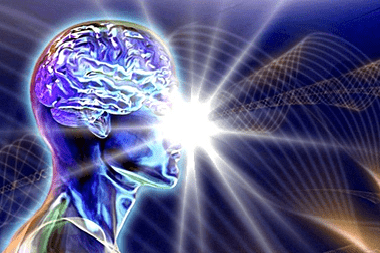Medicine questions >>>> Psychosomatics - what is it?
Psychosomatics - what is it?

One of the areas of medical science - psychosomatics, deals with the study of cause-and-effect relationships between psychological disorders and bodily diseases.
There are many psychological factors that have a direct impact on human health disorders, on the violation of physiological processes in the body. Such a connection is revealed due to chemical reactions, the course of which is disrupted due to psychological discomfort, mental imbalance.
No wonder there is a strong belief that many diseases originate from stress. What are the stress factors that can trigger the disease?
A group of experiences can be distinguished that give impetus to a change in biochemical processes in the body:
Fear is the fear that keeps a person in constant tension, makes him constantly feel anxiety due to real or imaginary threatening events. Very often, by virtue of a developed imagination, a person draws for himself non-existent, but potentially possible dangers of life, which methodically undermines his health, disrupting the digestive processes (weakening or, conversely, increasing intestinal motility); changing the tone of smooth muscles, which formed most of the internal organs, towards its constant tension; constantly causing the presence of adrenaline in the blood, as a result of the continuous work of the adrenal glands, forming persistent phobias, interfering with a normal lifestyle, limiting a person's entertainment. The result of such processes will be diseases of the esophagus, stomach, intestines, nocturnal enuresis, Parkinson disease, infertility, adrenal dysfunction, arterial hypertension, headaches, etc.
An inferiority complex - prevents one from appreciating oneself at its true worth, causes a negative attitude towards one's appearance, behavior in human society and leads, if not to loneliness, then to a number of diseases, sometimes fatal to the body: anorexia, bulimia, obesity, alcoholism, drug addiction, neurasthenia, etc.
Feeling of guilt - can haunt a person all his life, if you do not get rid of him by an effort of will. Feelings of guilt give rise to gastrointestinal diseases, decreased potency, decreased libido, headaches, muscle weakness, etc.
Chagrin, anger, thirst for revenge - can exhaust a person for a long time, upsetting multiple physiological processes, which can turn into cancer problems, digestive disorders, weight loss or, on the contrary, excessive weight gain, diabetes mellitus, pancreatitis, vegetative - vascular disorders, and etc.
Treatment of psychosomatic diseases is carried out with the participation of a psychotherapist who will correct the psychological mood and determine the direction of a person's actions in the future, opening up opportunities for him to get out of psychological addictions and pathological conditions.

Read

Read



























